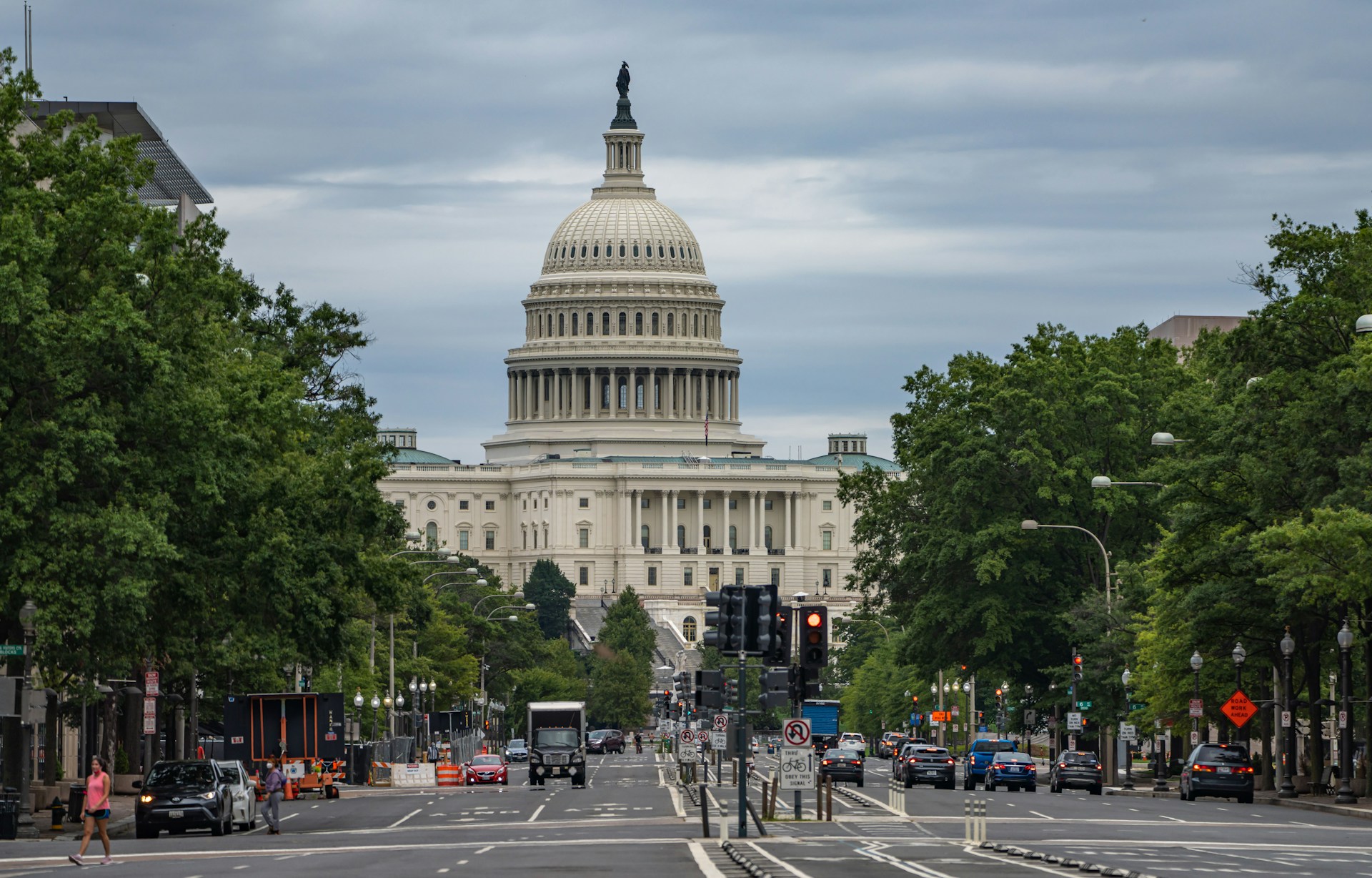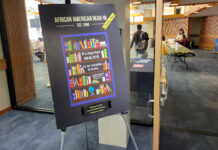
Ellie Burgon, a second-year political science student, knows that college is the time to apply for internships.
For Burgon, however, finding the right opportunity — one that helps advance her career and also appeals to her — has been hard to find.
“Nowadays, I feel like if you don’t get an internship in college, it’s harder for you to get experience after college,” Burgon said. “It stresses me out because I want to be able to do the work I like doing.”
With internships becoming more competitive, students like Burgon get discouraged.
“I tend to compare myself to other people when it comes to that, when I shouldn’t be,” Burgon said. “I just have to put myself out there.”
Like many students at Salt Lake Community College, Burgon is searching for an internship that pertains to her goals. Finding those opportunities can feel overwhelming. However, administrators at SLCC want to change that through a variety of internship programs in politics, fashion and other subjects.
One of these opportunities is the Washington D.C. internship program. Run by SLCC’s Office of Government Relations, the program places students in federal offices, nonprofits, and other institutions in the nation’s capital.
“The program we have is really more of a stipend program,” said Scott Brown, the director of local government relations at SLCC. “We help students move to D.C., do an internship and get the academic credit.”
The program assists with housing, travel and transportation, tuition waivers for up to 6 credit hours and financial aid up to $5,000.
Brown said internships range from nonprofit work to roles in government agencies, depending on student interests.
“What we do is help students identify what they’re looking for as far as their interest or career goals, because D.C. has internships of all sorts,” he said.
While the opportunity is competitive, Brown encouraged students not to underestimate themselves.
“Our students tend to bring life experiences to the table, and a lot of the time, maybe they’re a little older and came back from the military,” he said. “That type of experience fills a position that maybe someone else couldn’t.”
Brown advised students to cast a wide net to boost their chances.
“I tell students to apply to as many as they can, it’s a lot easier to say no to a job than to only have one option,” Brown said.
Another prestigious option for politically minded students is the Utah Congressional Internship, where selected students work in congressional offices representing the state.
“They take students from all of the Utah institutions of higher ed and they will occasionally pick a SLCC student to join them,” Brown said. “Although anyone can apply, most congressional offices take people from their state in particular.”
SLCC’s internship program offers more than just political options. Students can also apply for fashion design internships, such as the one guided by Maria Skelton, a full professor at SLCC’s Fashion Institute.
“The program prepares students for entry into the fashion and apparel industry through hands-on learning, technical skill development, and industry-relevant coursework,” Skelton said.
Students must complete 15 credit hours in Fashion Institute coursework and have relevant experience, but they do not have to be a fashion major. Skelton said that makes the internship selection process competitive.
“Employers are increasingly looking for interns who already possess a solid skill set, which raises the bar for applicants,” Skelton said.
Skelton noted that internships today are more structured with industry expectations.
“There’s more emphasis on matching students’ strengths with specific employer needs,” Skelton said. “Additionally, the internship process is more formalized, with evaluations, work logs and multiple check-ins with the internship coordinator.”
Skelton added that students can tailor their resume to a specific role. Once students are at their internship, she advised they should be professional from the first day, ask questions, keep track of what they are learning and be open to feedback.
“It’s a chance to grow,” she said.
Students can also work at SLCC for credit through the Student Employment Program. This is an opportunity for SLCC students to work on campus to gain experience in a specific office or department. They are paid positions to develop their careers through mentorship and professional experience.
For Burgon, just hearing about these options was encouraging.
“The Washington D.C. one is really cool, same with the Congressional office, that way I would be closer to home,” she said.
Like many students, Burgon wants to make the most of her college experience. And SLCC’s internship programs connect classroom learning with career paths, helping students build confidence and resume experience along the way.







